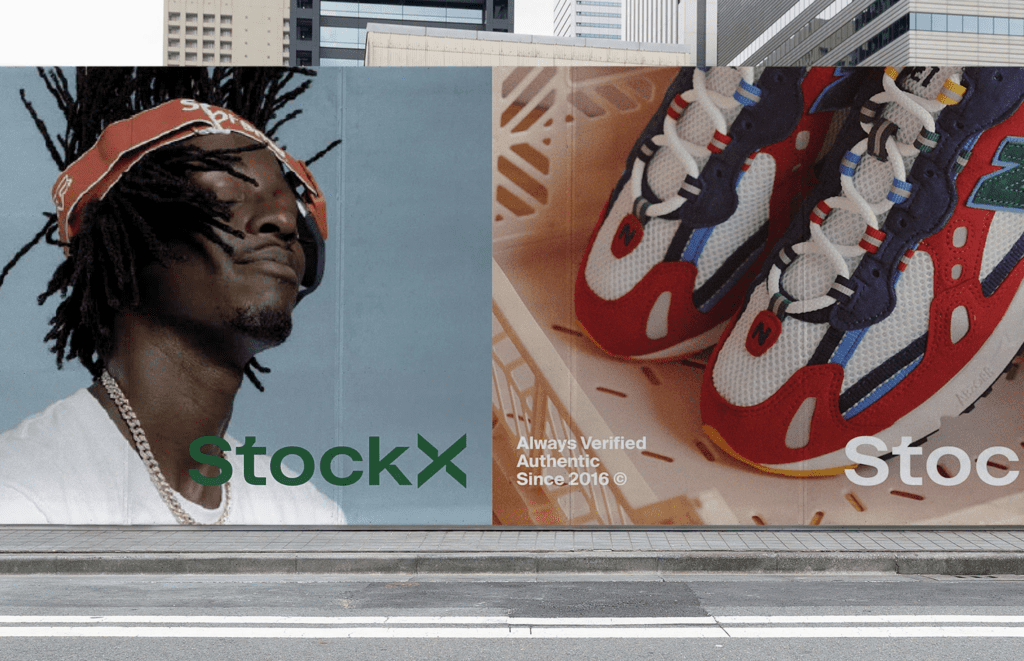Amazon might be joining Alibaba on the U.S. Trade Representative (“USTR”) blacklist of “Notorious Markets.” In a letter to the USTR this week, Stephen Lamar, the Executive Vice President of the American Apparel & Footwear Association (“AAFA”), asserts that the $1 trillion Seattle-based e-commerce giant is not consistently doing enough to fight fakes, and as a result, is urging the USTR to add some of Amazon’s international sites to the government’s annual list of bad actors.
According to Lamar, the AAFA – the prominent Washington, D.C.-based trade organization that boasts members, such as Calvin Klein, Jimmy Choo, Marc Jacobs, Stuart Weitzman and Ralph Lauren, among others – “has had regular and consistent dialogue with Amazon over the past year to address the intellectual property related concerns,” and yet, the AAFA’s “members are growing increasingly frustrated with how [Amazon] protects their intellectual property.”
Pointing specifically to amazon.co.uk (United Kingdom), amazon.ca (Canada), and amazon.de (Germany) as some of “the most unresponsive and non-compliant Amazon marketplace extensions,” Lamar says AAFA members have expressed concern over the widespread availability of counterfeit and infringing goods on the sites and states that while “Amazon is aware of this problem, and sometimes takes steps to interdict them,” it is not uncommon to see “the same ‘fake brands’ resurface on the platform, sometimes months” after Amazon takes action.
In addition to Amazon’s facilitation of the sale of fakes by way of its platform, the AAFA’s members are being damaged by Amazon’s practice of enabling third-party sellers to use “by [brand]” in product listings. “For brands, especially those brands that do not sell directly on Amazon,” the letter states, “having products listed as “by [brand]” is at best unauthorized and at worst counterfeit. Moreover, this is confusing for consumers shopping on Amazon, who may believe they are receiving product from the authentic brand or an authorized third-party seller—especially as these listings often include a copyrighted image from a legitimate website.”
This is coupled with Amazon’s “inconsistencies in reporting and responding to” brands’ submissions about the offering of counterfeit goods by way of Amazon’s Notice of Complained Infringement proceedings. Lamar’s letter states that AAFA members have experienced “inconsistencies in [Amazon’s] handling of submissions … [thereby] leaving brand protection and legal teams with scattered results and uncertainty as to how to engage with Amazon to protect their brands.”
On the Amazon.co.uk site, for instance, Lamar notes that “members continue to locate and report copyright infringement, noting that they have received pushback on almost all their requests. Pushback refers to e-mails from Amazon notifying a brand or vendor that they are not going to remove the listings or requesting more information before they can do so.”
Members have also expressed concern about the efficacy of Amazon’s Brand Registry, a “program designed to help protect registered trademarks on Amazon.” As one member told the AAFA,“I have also not found Brand Registry to be particularly useful and have reached out to Amazon on behalf of clients to try to understand how to use it effectively but have gotten radio silence!”
“Identifying the sale of counterfeit products is crucial to our ongoing efforts to defend American intellectual property, American jobs, and American consumers. The annual review of Notorious Markets by the Office of the United States Trade Representative is essential in this process,” Rick Helfenbein, president and CEO of the American Apparel & Footwear Association, said in connection with the letter.
“Amazon has been a leader of, and has made valuable contributions to, the future of retail. We believe Amazon can, and should, be a leader in the fight against counterfeits.
The USTR’s 2018 Special 301 Out-of-Cycle Review of Notorious Markets – which details the entities most egregiously abusing the intellectual property rights of others’ on a worldwide basis – is expected to be released in December.
Despite facing complaints from brands and litigation centering on the sale of counterfeit goods, Amazon has been adamant that it “strictly prohibits the sale of counterfeit products and invest heavily – both funds and company energy – to ensure our policy against the sale of such products is followed.”














